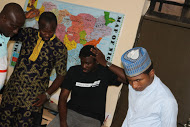Grant Money Is Not Free Money
By Lucy James Abagi
With the trend of diverse social issues plaguing the world, the development sector has witnessed a steady rise of innovations including research and program designs. Existing organisations are looking for global solutions that are fundable and scalable for a diverse stream of donors whilst start-ups are struggling to match their innovations and ideas to a result-oriented framework which would attract big donors to support their grassroot efforts. International organisations and the donor community are seeking solutions that are people driven notwithstanding the area of available funding as sustainability is at the root of every funding ecosystem.
After years of studying the donor ecosystem, framework, interest and program design, I thought to share some few guidelines that will support start-up organisations in accessing funding for their innovation and keeping investors satisfied.
Are you salivating yet? Let’s start with this key point – ‘Grant money is not free money!’
There are incredibly huge responsibilities that come with donor funds, and the need to sustain the relationships. As a startup, you must be deliberate and intentional in your approach, just as you must equally keep a business mindset. Of course, all donors are business investors with stern requirements to ensure every penny translates to sustainable, tangible impacts.
Now, let’s break down the process.
Conceptualization Level
The magic of resource mobilization rests solely on the power of ideation. The bulk of the work starts in reframing our thought process and thinking through different strategies that lead to a successful proposal. The thinking process, although very demanding, provides the pathway to synchronise an idea in line with the donor’s interest, mission, vision and resources. Personally, it takes me two – three weeks to conceptualize an idea. A lot of time needs to be invested into research, analysis and information gathering, as this helps answer the following questions about the problem you seek a solution for: “Is it a Novel, doable and affordable idea?” To answer this question, indepth research in line with your area of interest will further uncover diverse interventions carried out in your field and this will help mainstream your idea, identify gaps and provide a basement for your ideas to be adopted as an innovation amongst other existing platforms.
The Big Question- Who can fund my idea?
This takes you into another aspect of research where you would need to answer some more questions around the available donors and fundings that tie to your ideas and scope. At this stage you also need to be sure that your idea can actually be funded by a specifically identified donor. Remember that, at the conceptualization level, you should have been able to answer these questions: how much do I need for my idea? How much will my idea cost or what are the cost implications of my idea?
When you answer these questions at the conceptualization level, you will be able to identify funding ecosystems and donors that have the available resources that you need for your idea. It is important to note that you may not get the total amount of money that you need for the execution of your ideas so you may need to break down your ideas into stages or phases based on available funding.
Moreover, from my experience, most donors, especially if they have not worked with you before, would want to ensure that their risk analysis is within a controllable level. Hence, they may not fund a new or start-up organisation above $50,000-$100,000. Every donor would want to be sure that they are putting their money in the right place with systems and strategies that can manage their resources to achieve expected outcomes or results. Fundings received from any donor must be accounted for, as you are expected to show some level of transparency and accountability in the utilisation of every penny received and spent.
The Pencil Stage
Nothing is as frustrating as having a great idea but being deadpan when it comes to articulating it on paper – to attract funding. The act of writing a winning proposal comes with a clearly set up design that will stimulate the reader to fully assimilate and capture the idea of the writer and vividly understand laid out steps in achieving the result.
I have witnessed good thinkers and speakers who can barely interpret their thoughts into a readable and clear format. Here is a quick look at the composition of my proposal team at Connected Development. Busayo Morakinyo (BOM), is my thinking partner, great thinker and public speaker who possesses good ideation and presentation skills. BOM helps to frame our thought process and present a short pitch of this idea to prospective donors.
Kingsley Agu, comes with clear project implementation skills, he supervises the first draft of every proposal, giving a clear direction on the required steps to achieving the project goals. Other team members would always contribute in co-drafting, brainstorming, reviewing and setting the proposal in motion.
Hamzat Lawal- Hamzy- is our partnership and network guru. Hamzy’s role demands using his network to ensure these ideas are presented and submitted to identified donors. I am citing this here to paint the picture that a winning proposal demands teamwork. You need to build a composition of team members with multiple skills that will aid the smooth delivery of the proposal. Always keep in mind that a successful grant proposal is one that is carefully prepared, planned, and packaged.
In my next series, I will go deeper into the act of proposal writing. I encourage you to sign up for my class on Grant and Proposal Writing, as I will share more tips on writing a winning proposal.
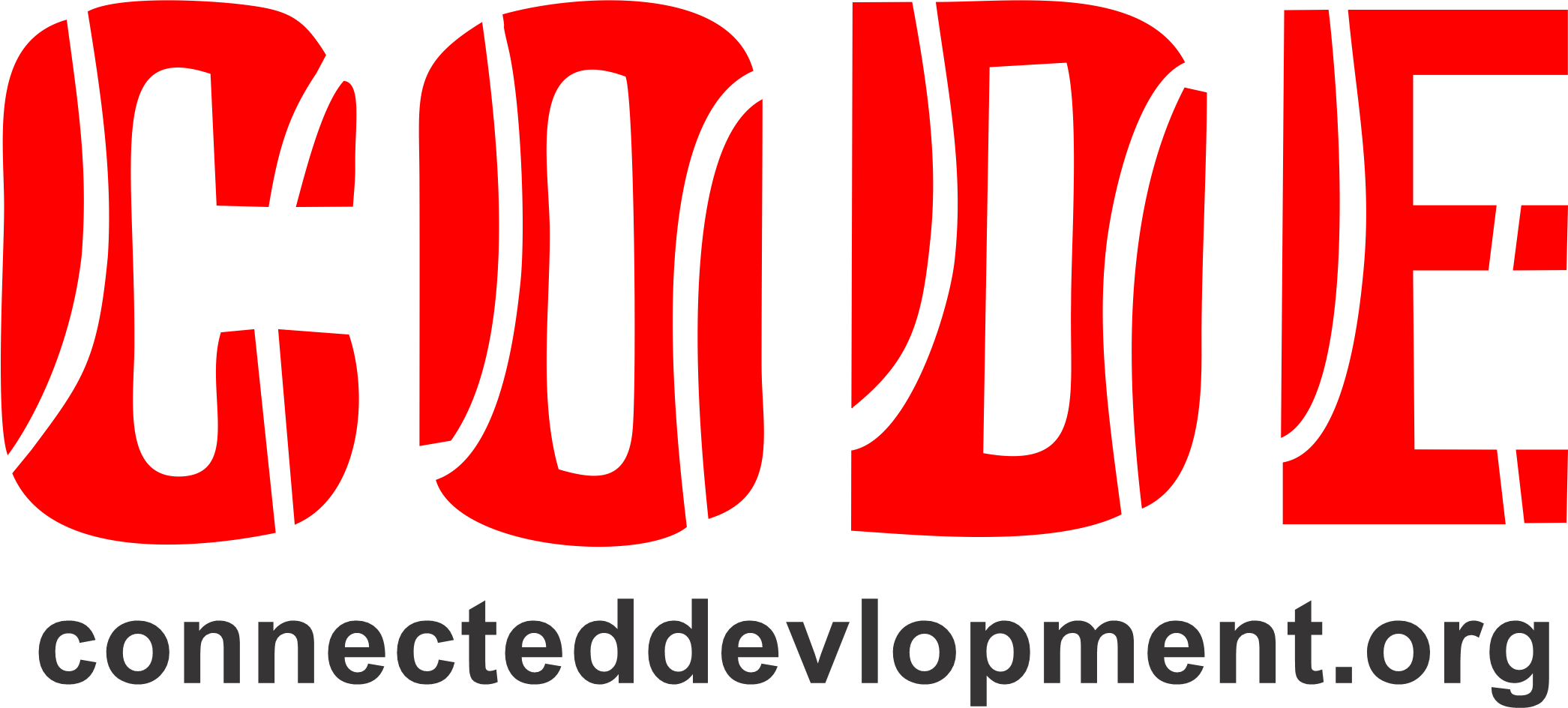
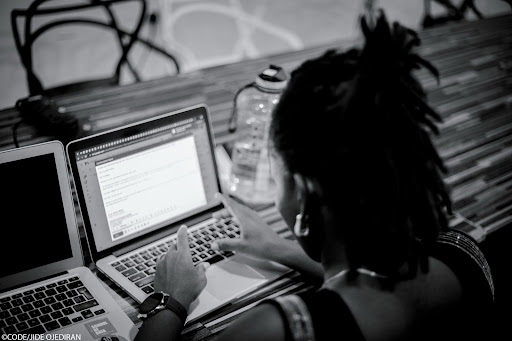
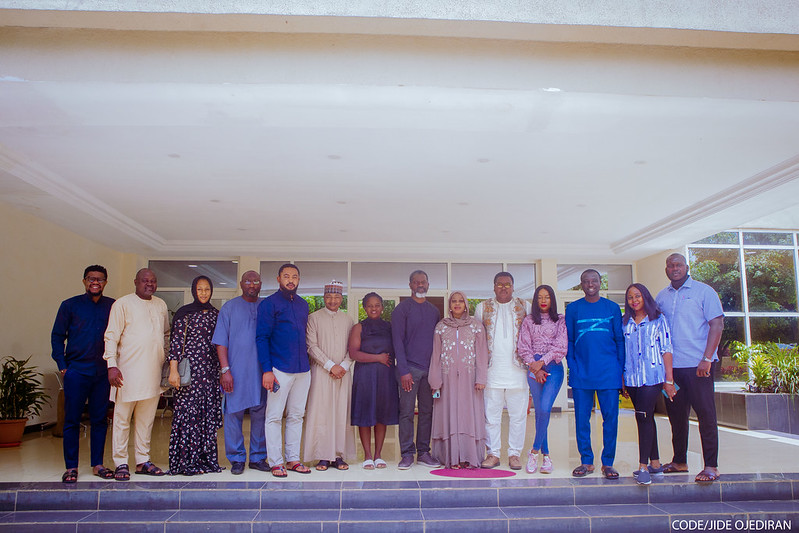
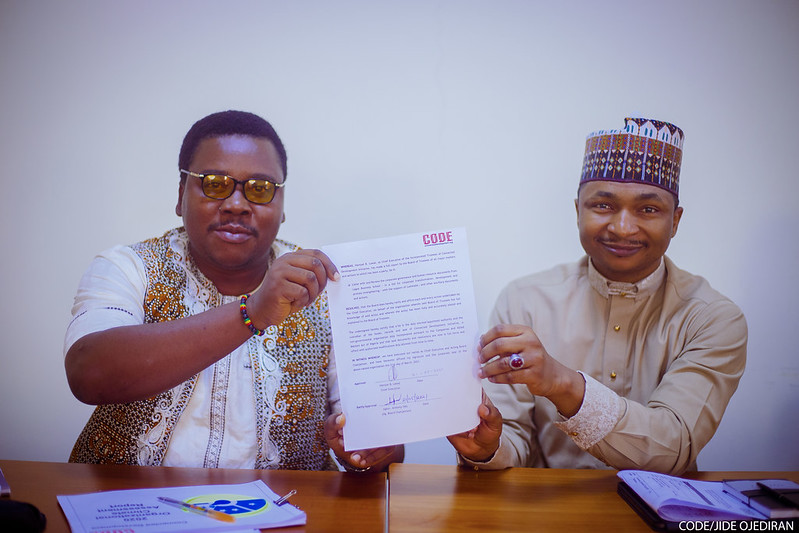
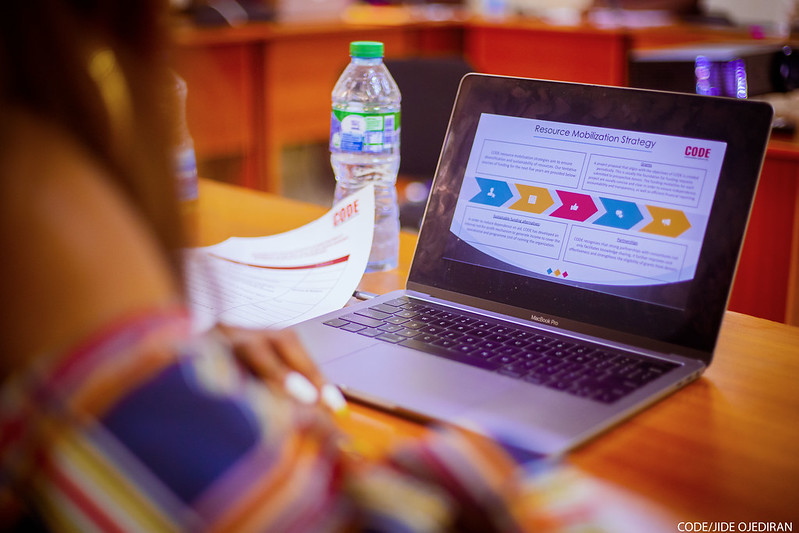
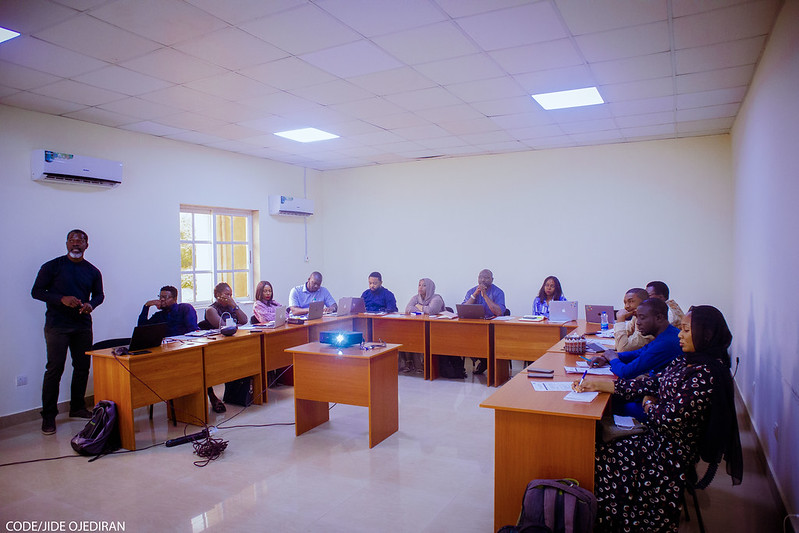

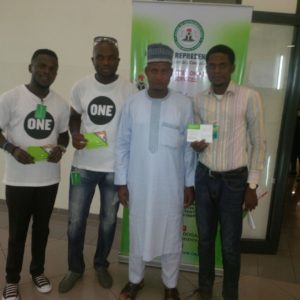
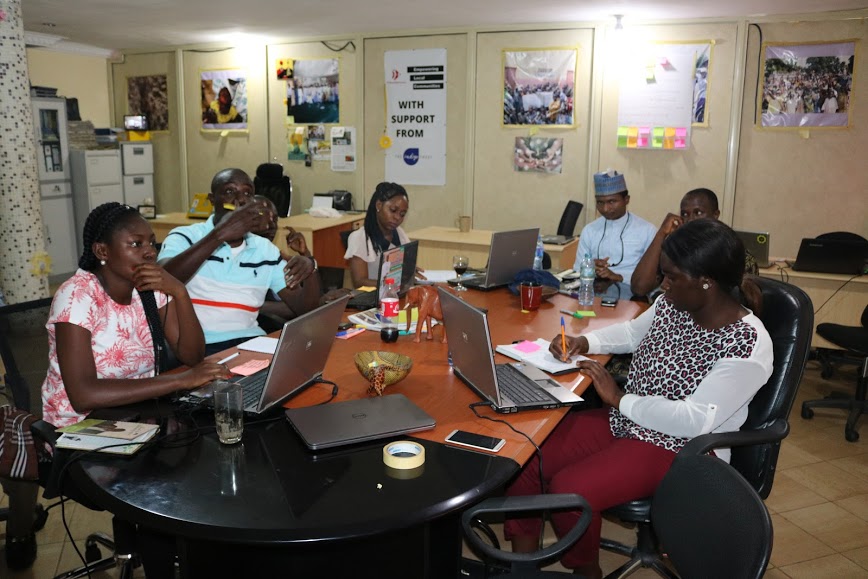
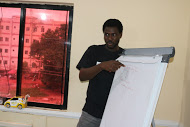 Speaking at an In-house training organised by CODE, the monitoring and Evaluation Officer, Oludotun Babayemi said Follow The Money is planning a virtual newsroom that will run 24 hours – several times in a month with the objective of strengthening the voice of 95 million Nigerians leaving in rural communities in Nigeria, while increasing their participation in governance.
Speaking at an In-house training organised by CODE, the monitoring and Evaluation Officer, Oludotun Babayemi said Follow The Money is planning a virtual newsroom that will run 24 hours – several times in a month with the objective of strengthening the voice of 95 million Nigerians leaving in rural communities in Nigeria, while increasing their participation in governance. 